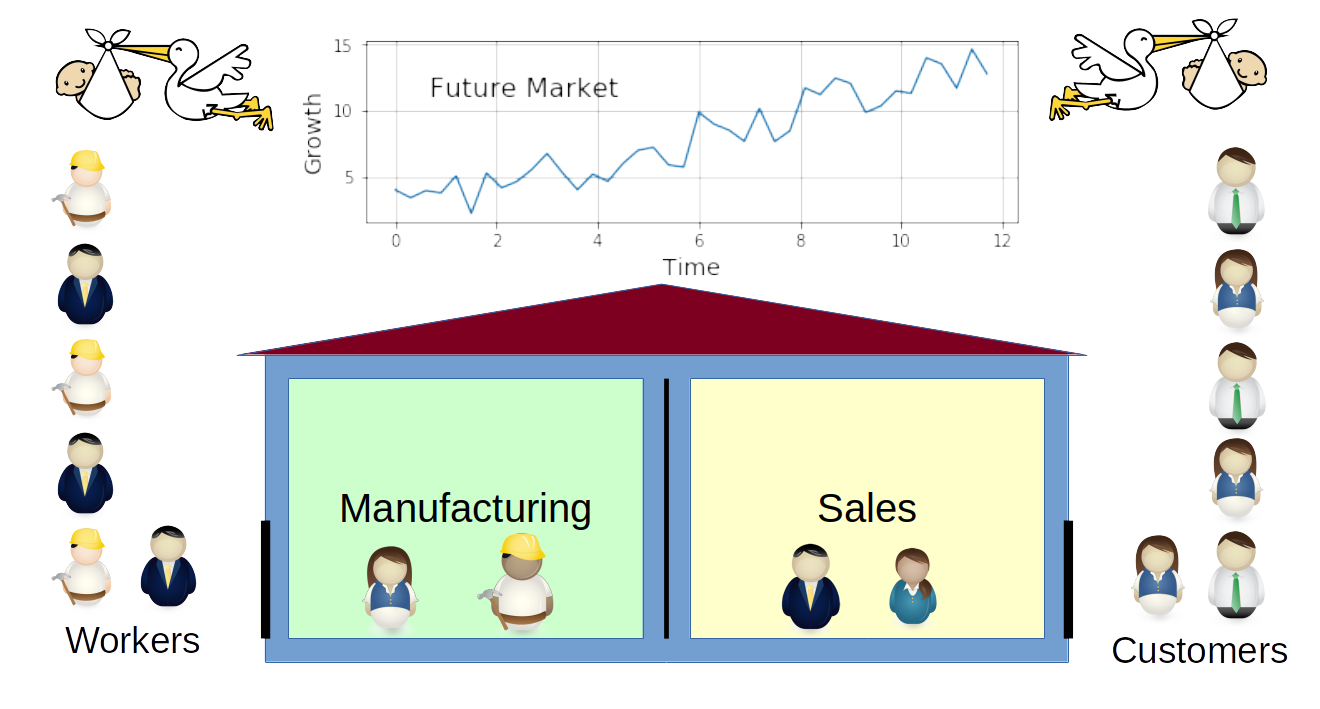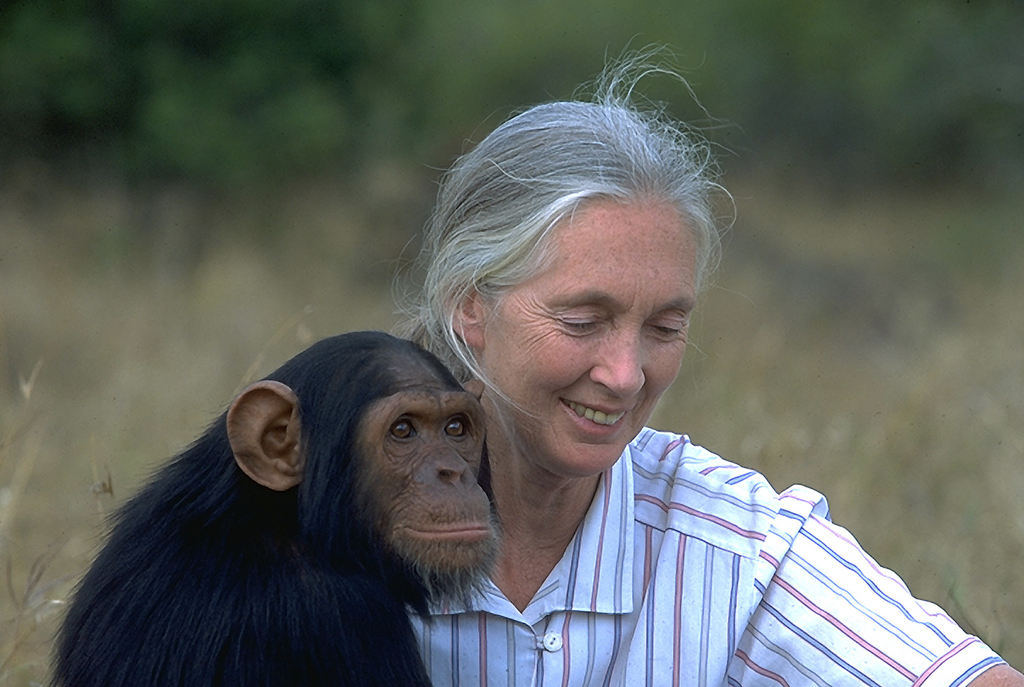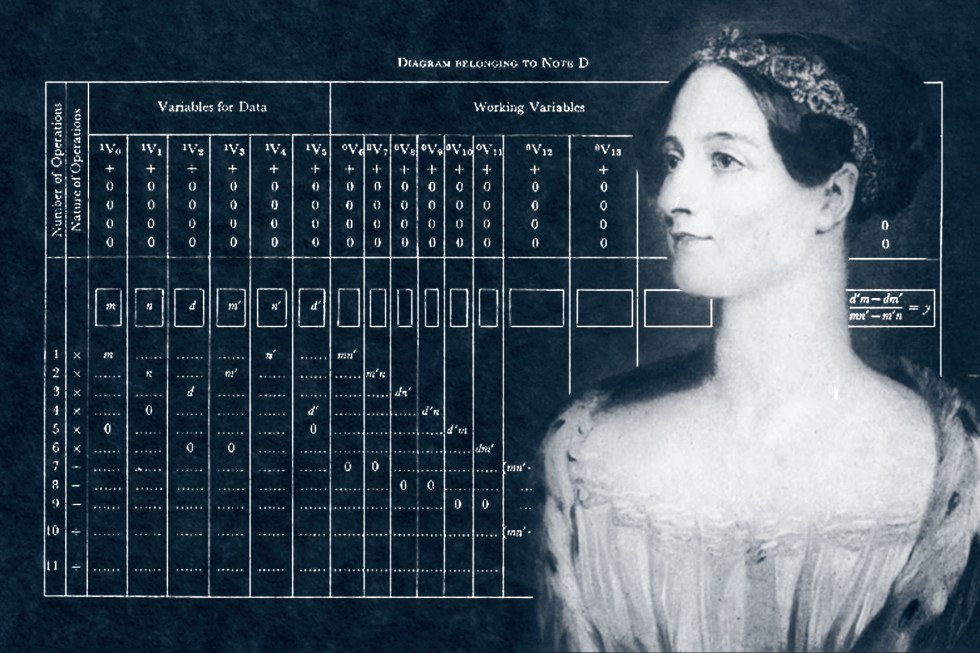

 Share This Page
Share This Page| Home | | Editorial Opinion | |  |  |  Share This Page Share This Page |
The path to gender equality
Copyright © 2017, Paul Lutus — Message Page
Most recent update:
Click here for the (preferred) PDF version of this article.
Abstract
A political system's wisdom can be measured, not by what it prohibits, but by what it defends as individual rights. Modern conservatives rightly point out that a small government is more consistent with democratic principles than a large, paternalistic one, and that many top-down controls could and should be put aside in favor of individual choice.
But while reading U.S. history, and in apparent contradiction of these principles, we find that conservatives have selected certain issues for vigorous top-down governmental enforcement in ways that deny individual rights. For example, antebellum slave owners, otherwise conservative in outlook, insisted on governmental intervention to defend their imagined right to own human beings. Another example is seen in the McCarthy anti-Communist witch hunts of the 1950s, during which certain political views were turned into de facto crimes against the state, in an otherwise reasonably democratic system.
Another example is interference in a woman's right to choose, but unlike slavery or McCarthyism it's a present-day controversy. This article examines the contradiction represented by conservatives rightly objecting to governments meddling in the lives and rights of individuals, but on the issue of reproductive choice, performing an about-face and objecting that big government isn't doing enough to prevent the exercise of this particular right. This article explores the reasons for that contradiction.
Contents
1 Overview
1.1 Tomi Lahren
1.2 The Contradiction
2 In Depth
2.1 Fact List
2.2 Analysis
2.3 Growth is Good
2.4 Redefining Reproduction
2.5 Governmental Coercion
3 The Meaning of Choice
3.1 Lisa Randall
3.2 Jane Goodall
3.3 Ada Lovelace
3.4 Conclusion
List of Figures
1 The Factory 2 Lisa Randall 3 Jane Goodall 4 Ada Lovelace
1 Overview
1.1 Tomi Lahren
In March 2017, conservative commentator Tomi Lahren1 found herself in the midst of a firestorm of controversy over pro-choice views she expressed in the media:
“I am pro-choice, and here's why,” Lahren said. “I am ... someone that loves the Constitution, I am someone that's for limited government, so I can't sit here and be a hypocrite and say I'm for limited government but I think that the government should decide what women do with their bodies. I can sit here and say that as a Republican, and I can say, you know what, I'm for limited government so stay out of my guns and you can stay out of my body as well,” she said.2
Needless to say, on ideological grounds Lahren was quickly fired from her position as conservative commentator3. Lahren's firing dramatizes the contradiction presented by the mainstream libertarian4 outlook of many conservatives (too much governmental control, too little personal liberty), alongside a demand for more governmental interference in the reproductive rights of women.
1.2 The Contradiction
An alien visiting from another planet might ask, “Why are conservatives against women's reproductive rights, and liberals in favor? Wouldn't it be more logical for liberals to hold anti-choice views? After all, liberals are more likely to demand governmental controls and go along with what government thinks is best, while conservatives have historically championed individual liberty and freedom of choice.”
The alien is right — this does represent a first-class contradiction, but there's a reason for the Republican party's outlook on reproductive rights, and contrary to what one might think it's not driven by morality, compassion or religious belief. The reason is purely economic, and it shows the efficiency with which opinion leaders can manipulate rank and file Republicans into an outlook that contradicts their core values — except a handful of individuals like Tomi Lahren.
Before we explore the reason for this contradiction, we need a background in reproductive science.
2 In Depth
2.1 Fact List
Here are some facts about reproduction:
Some have criticized this theory for certain methodological flaws and questionable assumptions. All we can say for sure is that legalizing abortion was accompanied by a substantial reduction in the crime rate, and one possible explanation is that there are now fewer unwanted, unloved children, children who might become criminals.
2.2 Analysis
The above fact list shows that, during a woman's life, nature throws away the majority of potential human beings. The reason? Limited resources — increasing the number of children doesn't automatically increase the resources available to support those children, indeed there's no more certain way to increase human suffering and crime rates than to increase the birth rate without also increasing available resources. It seems that nature has many ways to prevent the birth of unwanted children, including the discarding of most potential human beings, a process many call "natural abortion."
But is abortion the answer? Only in the extreme case where social and natural forces have interfered with other, simpler methods. But why would other methods fail? After all, there are any number of low-impact ways to prevent the birth of an unwanted or unsupportable child. Here are some of the ways:
The conclusion? If conservatives didn't fight against every aspect of sex education and family planning, abortion would be a very rare procedure, reserved for only the most extreme circumstances. But that's not reality — in reality, conservatives have successfully fought against all measures that would limit the birth of unwanted, unexpected children, often to the least-prepared, poorest parents. Why is that?
2.3 Growth is Good

Figure 1: The Factory
Imagine you own a factory. Your factory has two doors. Workers arrive through one door, ready to manufacture what you sell. Customers arrive through the other door, ready to buy what you sell. Can your business increase in size, create more income? Well, yes, easily done — all you need to do is increase the number of customers ready to buy what you sell.
But wouldn't that increase in demand exceed your factory's ability to manufacture what you sell? Yes, but that problem would be solved if there were a corresponding increase in the number of available workers.
As it happens, there's a simple method to solve all these problems — increase the number of customers, increase the number of workers, and grow your business. To accomplish this, all you need to do is keep people from controlling the number of children they have, from choosing, from exercising reproductive self-determination.
But wait — what if people find out what you're up to? Won't it seem predatory and exploitative if it comes out that you're forcing people to have more children than they would if they were free to choose? Maybe there's a way to conceal your true motive for denying free choice. How about this — we can say it's all about morality — that limiting the birthrate is immoral, because potential human beings are being discarded. We could even abandon all rational discourse and call it murder.
2.4 Redefining Reproduction
In a perfect outcome for the factory owner, and because of a well-funded public-relations campaign, society's common-sense views on sexuality and reproduction are redefined:
2.5 Governmental Coercion
The point of this section is to show how and why commercial, corporate interests are behind anti-choice politics. Factory owners, stockholders, corporate interests, all want continued growth, and the more growth, the better. The easiest way to make that happen is to persuade people that it's their moral duty to procreate, and that those who instead choose to complete their educations, learn how to think for themselves and exercise their right of free choice, are living in sin.
The irony of the anti-choice faction is that it's been embraced by the Republican party, the party supposedly in favor of smaller government and a libertarian outlook. But the effect of anti-choice politics is to increase the number of people dependent on big government to survive, as well as decrease the number of educated people intellectually prepared to lead America into our future.
3 The Meaning of Choice
This section shows what happens when women are free to choose.
3.1 Lisa Randall

Figure 2: Lisa Randall
Lisa Randall12 is a professor of physics at Harvard University. Randall works at the frontier of theoretical physics, exploring the universe in a way that requires a rare combination of intellectual ability and esoteric knowledge. Her theoretical papers are widely cited by other workers in her field, and in 2004 she was the most cited physicist of the prior five years. In 2007, Randall was named one of Time magazine's 100 Most Influential People13.
Professor Randall sometimes expresses a wish to have children:
“Children are the biggest issue for most women in science,” [Randall] says, “because, like it or not, society still sees women as the primary carers. Part of me really wants to have children, but another part of me wants to put it off as long as possible, because there is so much more work I want to do and I'm very intolerant of distractions.”14
The point? We have Professor Randall's contributions because Professor Randall has choice.
3.2 Jane Goodall

Figure 3: Jane Goodall
Jane Goodall15, regarded as the world's foremost expert on chimpanzees, is best known for her 55-year study of social and family interactions of wild chimpanzees in Gombe Stream National Park, Tanzania.
Doctor Goodall has received many awards for her scientific work including the Gold Medal of Conservation from the San Diego Zoological Society, the J. Paul Getty Wildlife Conservation Prize, and the National Geographic Society Centennial Award. In 2002 she was named a Messenger of Peace by the United Nations.
Since the time of her most important field work, Goodall has begun educating the public about the destruction of chimpanzee habitat and the unethical treatment of chimpanzees and other primates.
Jane Goodall has one child, a son, by her first husband, after the majority of her Africa field work was complete. Goodall's role as a parent is typical of successful women: they become parents when they choose.
3.3 Ada Lovelace

Figure 4: Ada Lovelace
Ada Lovelace16 (1815—1852) was the only legitimate child of Lord Byron17. During her childhood and with her mother's guidance and encouragement, a number of skilled teachers nurtured Lovelace's talents in mathematics and logic.
While a teenager, Lovelace met and began working with Charles Babbage18, primarily on Babbage's “Analytical engine”, a design for a mechanical computer far more advanced than the technology of the day. As this project moved forward, Lovelace assumed a role that a modern person would describe as “programmer” — she produced advanced algorithms for the analytical engine that, had the device been completed, we know would have worked. On that basis Lovelace is known as the world's first computer programmer.
In recognition of Lovelace's pioneering work, The U.S. Department of Defense named a computer language after Lovelace — the advanced language “Ada”19 was designed to supersede and replace about 850 older computer languages in use at the time.
Ada Lovelace's story is remarkable primarily because of the time in which she lived, a time when women had few rights or freedoms. Her professional success came about largely due to Ada's mother's influence and guardianship, and her awareness of all the ways a young woman's life can go off the rails.
3.4 Conclusion
The stories of these and many other women are all the more remarkable because of the hostile political atmosphere in which they lived (and live) — an atmosphere in which women are told they have only one purpose, and are pushed toward a confining role that diminishes both the individuals and the society around them.
Tomi Lahren's1 recent willingness to speak her mind — at great personal cost — should serve as a wake-up call that the Republican party has adopted a policy that contradicts common sense, sound conservative principles, and public sentiment.
The biggest threat to the anti-choice faction of the Republican party is, not political opposition or appeals to morality, but education — studies show10 that educated women respect the right to choose, and they want it — for themselves and for their children.
Until reproductive self-determination is universally recognized as a basic human right, until every birth results from the free choice of a free woman, we haven't earned the right to call ourselves civilized.
Footnotes
References
1 Tomi Lahren — conservative commentator, fired for her pro-choice views.
2 Tomi Lahren show on hold after she voiced 'pro-choice' stance — A media report of Tomi Lahren's controversial pro-choice stance.
3 Tomi Lahren sues Glenn Beck, The Blaze for wrongful termination over pro-choice stance — an account of Tomi Lahren's legal actions after her show was canceled.
4 Libertarianism — a political outlook that favors personal liberty and expresses skepticism of authority and state power.
5 How many eggs is a female human born with? — by the time she reaches puberty, she has about 350,000 available.
6 Puberty — a reference for the onset of puberty.
7 Menopause — a reference for the onset of menopause.
8 Conception — How It Works (UCSF Medical Center)
9 Miscarriage — otherwise known as natural abortion.
10 The relationship between women’s education and fertility — a clearly demonstrated relationship between higher education and smaller family sizes.
11 Legalized abortion and crime effect — a hypothesis that legalizing abortion reduced the U.S. crime rate.
12 Lisa Randall — professor of physics, Harvard University.
13 2007 Time 100 : Lisa Randall
14 Lisa Randall: Warped view of the universe — an article in which Professor Randall discusses her desire to have children in a way that doesn't interfere with her work.
15 Jane Goodall — primatologist, world's foremost expert on chimpanzees.
16 Ada Lovelace — the world's first computer programmer.
17 Lord Byron — British poet, peer and politician, father of Ada Lovelace.
18 Charles Babbage — inventor and designer of some early computing devices.
19 Ada (programming language) — named after Ada Lovelace.
| Home | | Editorial Opinion | |  |  |  Share This Page Share This Page |